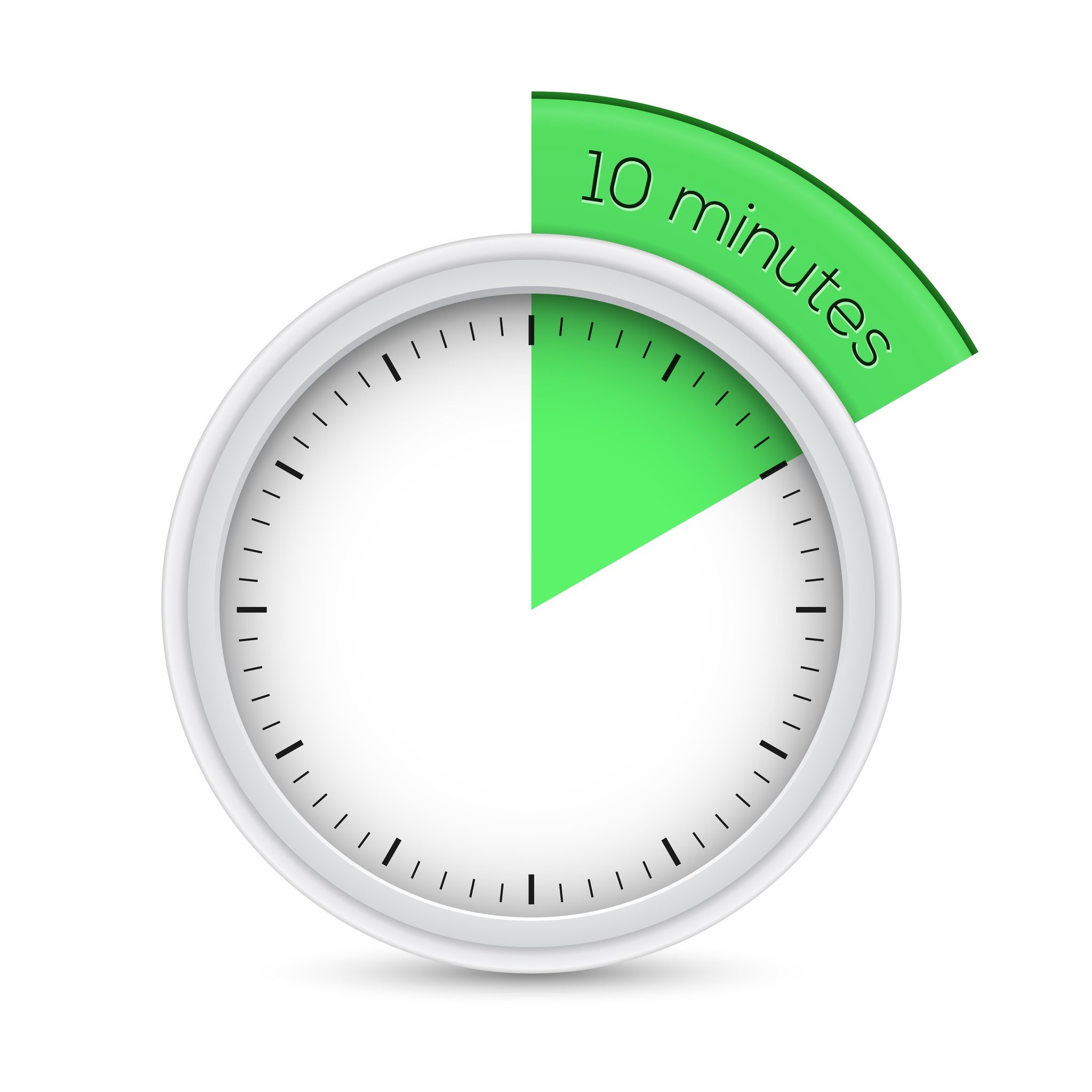
Are you been struggling to get your workouts in?
Do you belong to a gym and find that you're not going?
Do you have exercise equipment sitting in your basement collecting dust because you find that you just can’t get yourself down there?
If you answered, “yes” to any of these questions you are not alone. Many people struggle with finding the motivation to exercise.
The problem here is that you have head trash going on. Head trash is that voice inside your head coming up with a million excuses that inhibit you from carving out a bit of time to take care of yourself.
Head trash will tell you that you’re too tired, even though a workout would give you a boost of energy.
Head trash will tell you that you’re too busy, even though you just spent a half hour on Facebook.
Head trash is barking at you to take care of others, even thought you know your health is important for you well being.
Head trash is a real conflict that can get in the way of our health and fitness goals. We start an exercise program with the intentions of a long-term commitment. But after the initial excitement wears off, we find our workouts occurring less frequently. Head trash begins to take over and soon we find ourselves not exercising at all.
Here is my secret for winning the battle over the head trash that keeps getting in way of your workouts. Tell yourself that you are only going to exercise for 10 minutes and evaluate if you want to continue. If you're truly too tired you can stop after 10 minutes. If you're truly too busy you can stop and move onto a task that needs your attention.
Making this deal with your mind that you are only going to exercise for 10 minutes seems reasonable. The head trash will become quite because your mind is convinced it has an out within 10 minutes.
I've used this 10-minute trick myself. I grind through the first few minutes, but then the magic happens. Once you hit the 10-minute mark your body takes over. Exercise feels amazing and your body is energized and enjoying the movement. You have tricked your mind to get over the hurdle of starting and now you’re in the exercise groove.
Try the 10-minute trick next time your head trash is getting in the way of your workout. You'll be amazed how your workout consistency improves.